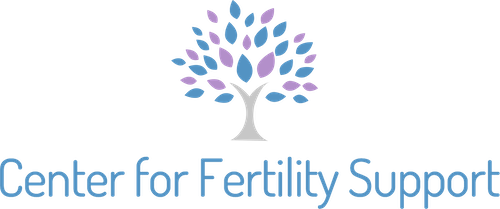
06 Aug What (in the Hormones) Happens After Delivery?
What (in the Hormones) Happens After Delivery?
Just because a woman doesn’t bring a baby home after giving birth, doesn’t mean her body doesn’t go through the same exact process as if she did. As we know, the hormone changes after birth can be quite drastic. One minute you’re pregnant, and the next minute you’re not.
Each surrogate can expect the same hormonal changes after her delivery as with her own genetic child. No two experiences are ever the same but in a relative sense, that process must take place in order to get back to her “hormonal baseline” if you will.
Our mental health professionals continue to check-in with each surrogate until 2 months after delivery in order to ensure her process is supported and monitored.
What to Expect After Delivery:
- Brief periods of crying: Whether they are happy tears, sad tears or “I don’t know what is going on with me” tears, brief bouts of emotional highs and lows are very common after giving birth. A woman’s hormones and body are going through big changes all at once. It’s important for each recovering surrogate to take care of herself and get a lot of rest and support. This can last the first few days up to the first week of coming home.
- An adjustment period: It takes a few days to adjust to getting back into the routine of normalcy. It can feel “weird” or “confusing” after delivery because the maternal instinct is to bring a baby home. It’s very normal to feel a little out of sorts as a recovering surrogate spends the first few days at home finding her new-old normal again after surrogacy. It’s an adjustment like everything else.
- Relief: Recovering surrogates should not feel guilty if she finds herself feeling relieved at the finality of the journey. Even with our own children this is often the case. Same goes in surrogacy. Women’s bodies are put through an intense task in pregnancy and delivery. To feel relief is normal, and it’s also an amazing accomplishment. Finality is imminent, so why shouldn’t she feel relieved that she made it to the finish line? It’s most normal for a surrogate to feel relief in getting back to her routine at home with her family and/or social circle. It’s also very healthy to be around a support system in the first few weeks following delivery.
What to Look Out For After Delivery:
- Persistent negative feelings: This can seem normal at first, but if a surrogate experiences sadness that is lasting for the majority of the day, and for more than a few days or a week then she should be sure to mention it to her mental health professional when she checks-in with her and/or also her doctor. This can come in forms of chronic bouts of sadness, hopelessness, guilt, loss of pleasure in activities, anger, fatigue or insomnia. A woman doesn’t have to have all of these symptoms in order to reach out for help. Persistent negative feelings should be addressed at the onset in order to receive proper treatment. There is no shame in speaking up to say, “Something doesn’t feel quite right.”
- Unmet expectations: In surrogacy, there can be an expectation from how the relationship will be with the intended parents, to how delivery will go, to how the relationship will continue after. Most of the time, the expectations are exceeded and the good vibes flow. But don’t be discouraged if a few things change and don’t go according to plan. It’s important to remember the different experiences and even cultures of everyone involved. Staying open to the process is vital and remembering why everyone came into this process in the first place. The support of the mental health professionals is always available during this time.
Providing our surrogates with quality emotional support is of the utmost priority of our mental health team. The support begins before transfer and continues up to 2 months after delivery. If there is additional support needed, then the mental health professionals will provide resources and referrals to professionals in the surrogate’s area. It takes a village to do this incredible thing called surrogacy, and we are honored to be that village for so many of our amazing surrogates.
- Alison Chrun, LMFT




Sorry, the comment form is closed at this time.